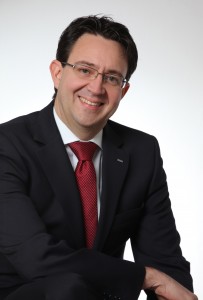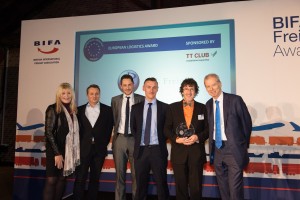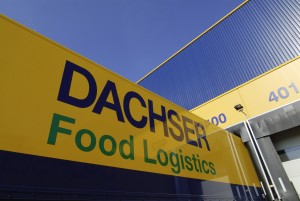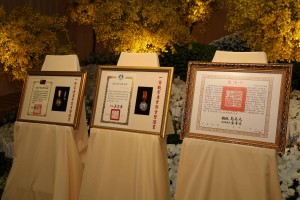GEODIS Brazil will be exhibiting at this year’s Intermodal South America at the Transamerica Expo Center, Sao Paulo, Brazil, from Tuesday, 5th until Thursday, 7th April 2016.
“GEODIS remains committed to Latin America, despite the recent economic trends and worsening situation in Brazil” said Chris Cahill, Managing Director Geodis Brazil. “GEODIS has successfully grown its business throughout this period by providing extremely high service quality with market competitive pricing.”
GEODIS has over 30 years of operational expertise in Brazil; with its headquarters in San Paulo and a further seven offices in other cities across the country, it offers its customers a full range of services in logistics, storage, customs clearance, freight forwarding, reverse logistics and industrial projects.
Recently GEODIS Brazil invested in a new 40,000m2 logistics distribution facility at Jundiai, near Sao Paulo, which is now processing on behalf of its clients more than 15,000 orders per day. The general warehousing facility has expanded the scope for new business and this means that GEODIS Brazil can now offer warehouse and distribution services to clients without them having to establish their own branches at the warehouse. In 2016, GEODIS plans to further invest in its infrastructure in Brazil to continue to expand our coverage and quality services for existing and potential clients.
Despite the challenging market context in Brazil, the entire region remains one of the fastest growing areas for logistics, cargo transportation and foreign trade. More than 48,000 qualified professionals will visit Intermodal South America during its three days duration. More than 600 companies representing 26 countries will be exhibiting at this major international trade fair thereby making this a significant event for networking with key players in the industry.
ENDS
For more information on the Conference go to – http://www.intermodal.com.br
The GEODIS team can be found at Booth: B215
About GEODIS
Supply chain operator and subsidiary of SNCF Logistics, GEODIS is a global European company, ranking fourth in its field in Europe. Through its ability to overcome logistical constraints and coordinate the different steps of the logistic chain (Supply Chain Optimization, Freight Forwarding (air and sea), Contract Logistics, Distribution & Express, Road Transport), the Group is the growth partner for its clients and offers them tailored solutions. With over 39,000 employees in 67 countries, the Group constantly innovates to improve the performance of its clients. The Freight Forwarding business of GEODIS delivers tailor-made, integrated logistics solutions supported by a specialized Industrial Projects division, managing oversized cargo operations worldwide. This division has achieved international recognition for its innovative and sustainable approach to transportation solutions.
For more information about GEODIS go to – www.geodis.com











 ew partner in the European Food Network.
ew partner in the European Food Network.